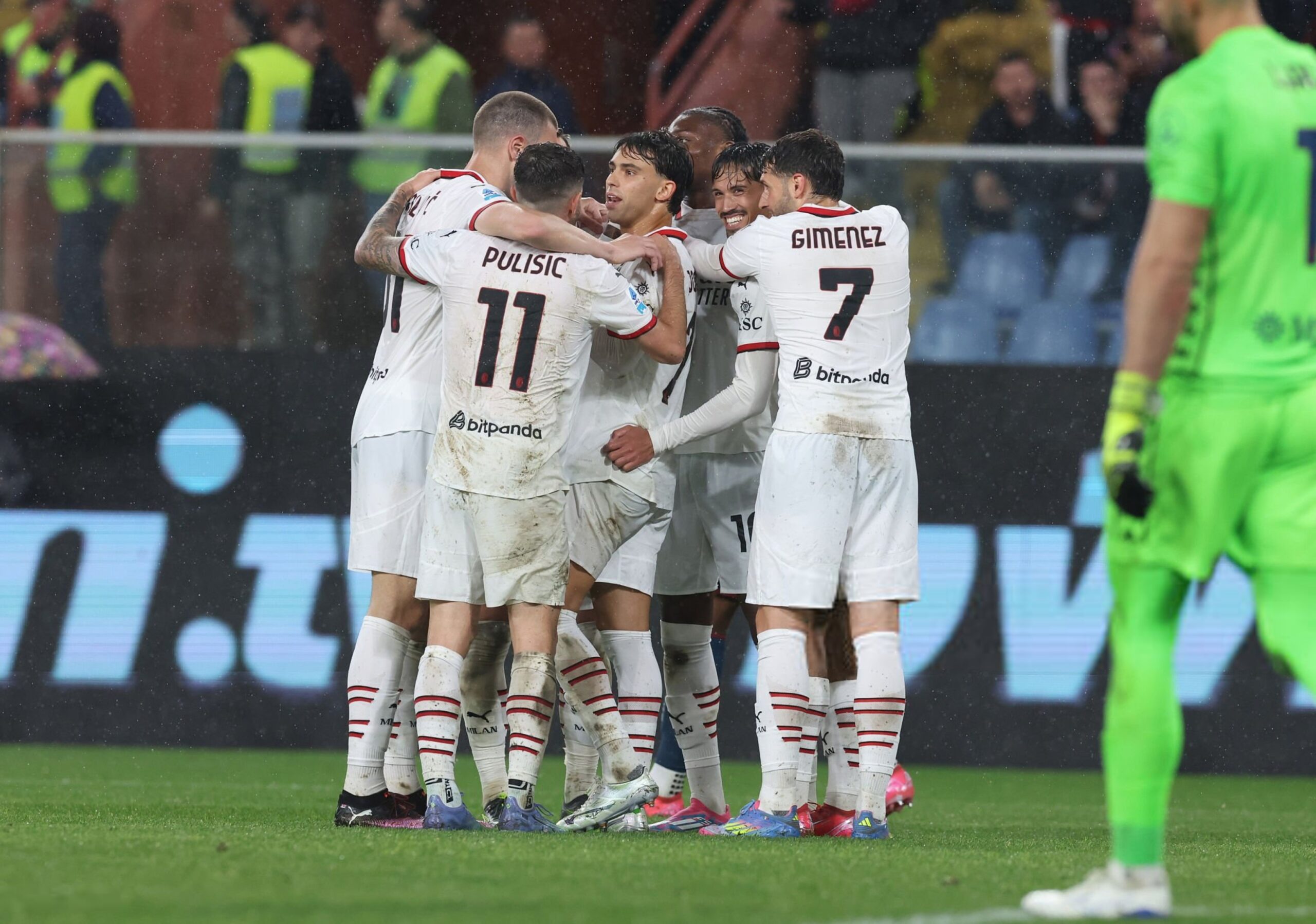AC Milan has become a masterclass in long-term success, strategic reinvention, and culture-building. With seven European championships and countless domestic titles, Milan’s legacy is not based on luck or short bursts of dominance. It is the product of decades of disciplined leadership and intelligent planning.
This article examines the business strategies behind AC Milan’s success. These lessons apply far beyond sports. They are relevant to students preparing for leadership roles, founders scaling a startup, or professionals refining their team strategy. Even those seeking essay help online for Canadian students and others can draw parallels between strategic writing and strategic management.
Build a Culture That Outlives Individuals
AC Milan’s core strength lies in its ability to maintain identity through change. Players come and go. Coaches are replaced. Even ownership has changed. Yet the club’s emphasis on tactical discipline, professionalism, and loyalty remains intact.
This continuity comes from clearly defined values. Milan’s leadership invests in reinforcing these values at every level, from youth development to first-team training. In business, this translates to building organizational culture that survives turnover. When every department understands the mission, consistency becomes a competitive advantage.
Invest in Systems, Not Just Stars
Milan’s most successful eras included iconic players like Paolo Maldini and Kaka. However, these stars thrived within well-designed systems. The club was never reliant on individuals alone. It was built around systems that maximize each member’s potential.
Business leaders often chase top talent, but Milan shows the value of structure. A strong onboarding process, clear roles, and coordinated teamwork can elevate average performers. Instead of relying on one high performer, invest in a system where many can succeed.
Embrace Reinvention with Strategic Clarity
AC Milan has experienced several cycles of success and decline. After dominating in the 1990s and early 2000s, the club struggled through much of the 2010s due to financial instability, inconsistent recruitment, and changes in ownership. However, rather than abandoning its identity, Milan gradually rebuilt by focusing on long-term financial discipline, investing in youth development, and modernizing its recruitment strategy.
This approach reflects how resilient organizations recover from setbacks. Strategic reinvention does not mean starting from scratch. It requires evaluating what still works, adjusting operational models, and committing to clear long-term goals. For companies facing disruption or underperformance, the Milan example shows that meaningful recovery depends on discipline, not reactive decision-making.
Develop Talent from Within
AC Milan has always prioritized youth development. The club’s training facility, Milanello, is known for producing players who understand the club’s philosophy before reaching the senior level. Instead of purchasing ready-made talent, Milan builds it.
For businesses, this means investing in training, mentorship, and internal promotion. Relying on external hiring can solve short-term gaps, but sustainable excellence requires growing expertise internally. Employees who grow with the organization often contribute with higher loyalty and a deeper understanding of company goals.
Balance Global Expansion with Local Loyalty
Milan is a global brand, but its strength comes from deep roots in the city and culture of Milan. The club balances international ambitions with a strong connection to its fan base and traditions. While pursuing commercial success, it continues to respect the values that built its reputation.
In business, global expansion should not dilute brand authenticity. Whether launching in new markets or working across cultures, successful companies preserve their identity while adapting operations. Milan demonstrates how a global scale can coexist with strong local relevance.
Prioritize Long-Term Vision Over Immediate Results
While many clubs chase fast success, Milan’s leadership has often chosen to prioritize long-term results. Strategic patience enabled the club to build enduring success rather than short-lived victories. This meant accepting short-term setbacks in pursuit of more stable foundations.
In business, this approach discourages reactive decision-making. A well-aligned long-term plan allows companies to weather challenges, adapt with intention, and stay focused on core objectives. Sacrificing future growth for quick wins rarely builds lasting value.
Strategic Takeaways for Business Leaders
AC Milan’s approach offers a blueprint for long-term business success:
- Culture must be reinforced at every level, not just stated at the top.
- Systems matter more than any single person.
- Reinvention should always serve a clear strategic direction.
- Developing internal talent yields lasting returns.
- Expansion should strengthen, not dilute, your identity.
- Playing the long game builds stability and respect.
Conclusion: Learning from the Best
AC Milan proves that sustained excellence is never accidental. It requires clear values, strategic consistency, and the discipline to evolve without losing identity. Whether in football, business, or academics, these lessons provide a foundation for building resilient organizations and meaningful careers.
Leaders across fields can benefit from studying such models of long-term success. Milan’s story highlights the value of patience, planning, and cultural alignment, principles that are often overlooked in fast-paced industries. Adopting these strategies does not guarantee trophies or profits overnight, but it builds the structure needed to compete at the highest level year after year.
















